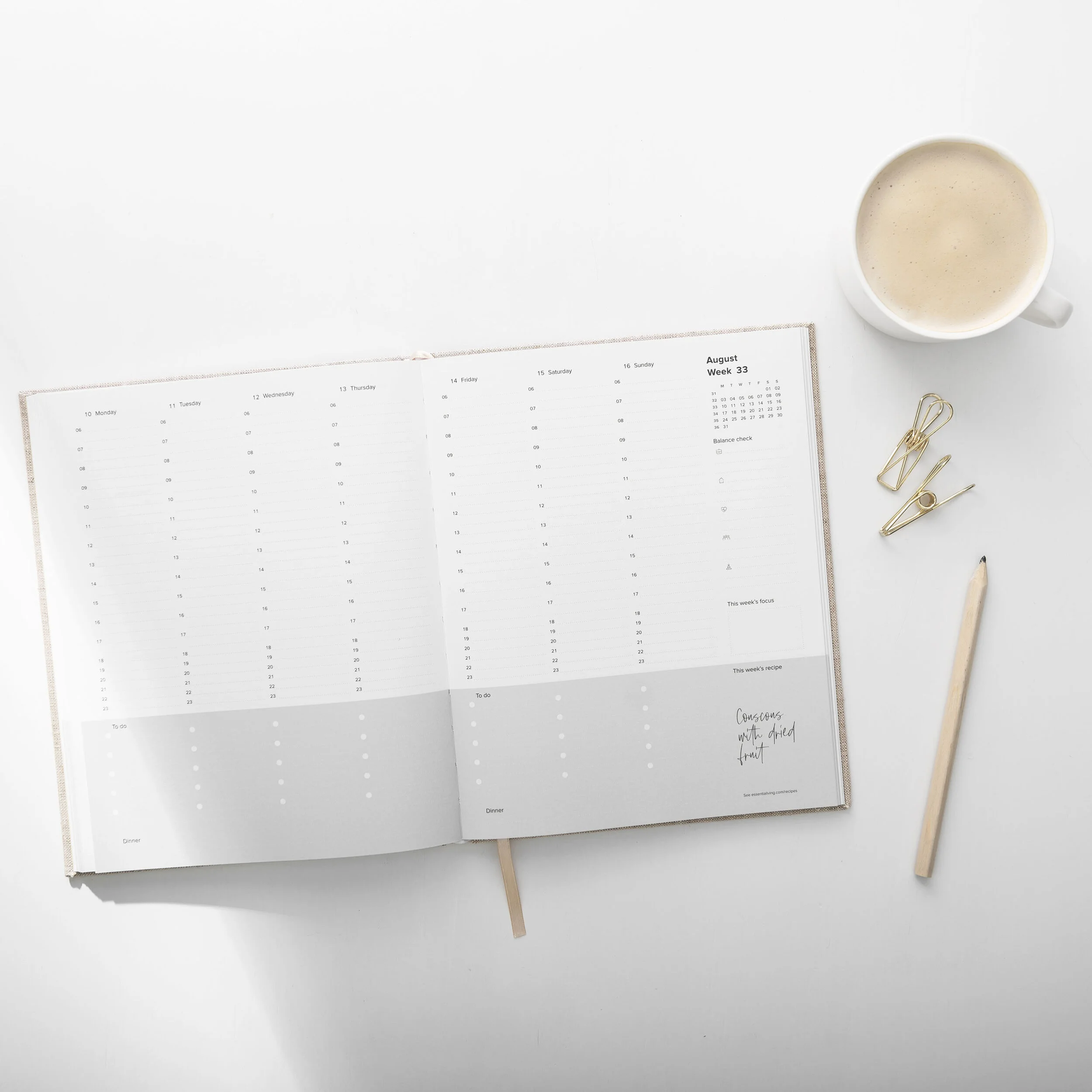Coping with Anxiety in Times of Uncertainty
“Have patience with everything that remains unsolved in your heart....live in the question.”
Now, more than ever before, we’re being asked to cope with a ton of stress. The news pouring out from our TVs, social media, friends, & family, along with the feelings of isolation, can be a super hard mix for any of us to cope with – and as I’ve navigated through posts myself on social media, I see & feel the fear you’re feeling and wanted to try & help as much as I can.
The best way I can do this, I think, is through this blog so you can print out anything you find helpful so you can keep it on hand as a reminder for when the anxiety is overwhelming – or better yet – to practice so you can keep it on the lowest end possible right now.
We’re working with so many of you online now, face-to-face through our secure portal or by telephone. While this is the absolute best way to get assistance, there are a few things you can do to help manage anxiety during this difficult time.
So, let’s get to them:
1. Ground yourself in the present moment.
Our brains are hard-wired to look for danger. Right now, it isn’t that hard to find something to worry about. But, in this moment, you are safe. It may not feel that way, I know, but if you’ve been practicing social distancing & following the guidelines put out by the CDC, you are safe right here in this very moment. And at any given time, isn’t it so true that this moment is really all we ever have?
To help ground yourself in this moment, you can:
-Tap your feet on the floor
- Gently tap the tops of your legs or arms – anywhere that helps you return to your body in this time & space
- Take both hands & lightly hold your head around the forehead & back of your head
- Focus intently, taking in as much detail as you can using your 5 senses – what you can, in as much detail as you can – physically feel, taste, see, hear, & smell
2. Use self-soothing techniques.
- Give yourself a gentle massage – your hands, feet, legs, & especially around your jaw and head, the places we tend to hold tension
- Gently tap your thymus – the thymus is located in the middle of your chest right above your heart – this can help stimulate the relaxation response
- Give yourself a butterfly hug – take both arms, crossing them over your chest & place each hand on the opposite shoulder. Gently tap alternatively on each shoulder. (This is a great somatic approach especially during a time we long for someone to just hug us. We can hug ourselves!)
- Take a warm bath & listen to relaxing music
3. Be the helper.
Social distancing doesn’t mean we can’t be helpful & it can take our minds off of our own situation while benefiting from helping others.
- Call someone who may be alone or you haven’t spoken to in a while.
- Reach out to your local religious institutions like churches, etc to see if they need any remote help such as calling senior or vulnerable members to do a check-in.
- Reach out to any community volunteer organization to see if they need remote help.
4. Set up a schedule. (This also helps us focus on what we can control.)
We’re wired for routine – as much as we sometimes hate routine, we’re wired for structure.
- Every night before bed, or in the morning, set up a loose schedule for yourself. What will you do & when?
- Hint: It’s your schedule; you can rearrange it as needed.
- Spend time brain-storming ideas or make a list of all the things you can do. So, if you either don’t want to do something on your schedule or need a quick go-to in a moment you need or want a distraction, you can look at your list & easily find something.
5. Practice gratitude every morning or evening before bed. In detail…
- Make a list of at least 5 specific things you’re grateful for each & every day. Do this in as much detail as you can.
- While it’s great to be thankful for the beautiful sky, in order to engage your brain more fully, go into the details. For example, being grateful for the delicious cup of tea you’re having, how it tastes, smells, the warmth it brings, etc.
- When we engage our senses in these moments, it gives them “anchor points” in our minds.
- Practicing gratitude also helps re-train our brains to look for the positives & not just the negatives. Over time, you’ll see a difference.
I hope this helps ease your discomfort. If you need more help, we ARE here…we are still able to support you through online therapy.
Our clients, even the most hesitant about using online counseling, have told us how much it’s helping & how much easier it is to use than they thought! Plus, we can always do a free 15-minute consult so you can see for yourself.
We are here. Please reach out to us here. We are with you.
And we wish you wellness & peace always,
Beth
For more information about our services, please click here: Anxiety Counseling






